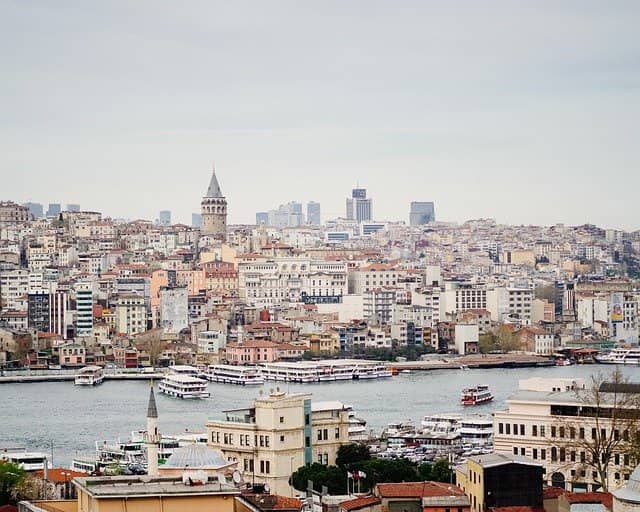Turkish citizens are putting pressure on their government in regards to access to rare disease treatments, specifically spinal muscular atrophy (SMA) therapies. There are currently two drugs available to Turkish SMA patients: Spinraza and Zolgensma. The issue with these treatments is their hefty price tag; the former sits at $750,000 for the first year, while the latter is $2 million. Advocates and patients are calling for help from their government so that they may access these treatments.
About SMA
Spinal muscular atrophy (SMA) is rare genetic order that is characterized by muscle weakness and degeneration. It affects one in every 10,000 people but can vary in severity from person to person. A mutation in the SMN1 causes this condition, and it causes the loss of motor neurons in the spinal cord and brain stem. Due to this loss, muscles weaken and atrophy, specifically the muscles used for walking, breathing, swallowing, crawling, sitting up, and moving the head.
The symptoms of this condition depend on the severity and type of SMA.
- Type I is the most severe, and is diagnosed after birth. The symptoms of this type include developmental delay, the inability to sit up or move the head, and trouble with breathing and swallowing.
- Type II is diagnosed in children between six and twelve months old, and they experience trouble with standing and walking.
- Those who have type III are diagnosed between early childhood and adolescence and cannot walk or climb stairs independently.
- Type IV occurs in adults over 30 and is the least severe type. People with this form of SMA usually have mild muscle weakness, problems with breathing, twitches, or tremors.
Once these symptoms are noticed, a diagnosis is confirmed through neurological examination and genetic testing. While there is no cure for SMA, there are treatments available. Physical therapy, braces, and surgery can all help to improve movement. Noninvasive respiratory support and tracheostomies can address issues with breathing while gastrostomy can help with eating. Spinraza is the first FDA approved treatment for SMA, and Zolgensma and Evrysdi have also recently been approved.
SMA Treatment in Turkey
About 1,100 Turkish children are affected by SMA, but many of them are unable to afford the pricy treatments. In order to combat this issue, activists and patients have been putting pressure on the Turkish government for funds, reimbursement, and greater access.
While reimbursement is granted to some families using Spinraza, not every patient is eligible. In fact, it is not difficult to lose eligibility; unfavorable neurological and physical test results can take away one’s access to reimbursement. Not all of these tests are required in European countries, drawing more criticism. Even worse, the government does not offer reimbursement for Zolgensma, despite the fact that courts have ruled in favor of it. These financial obstacles prevent SMA patients from getting the best care, leading to poorer outcomes.
Calls for Change
Many activists are calling for the country’s New Year’s Eve lottery prize, which is $10 million, to be applied to SMA patients after it went unclaimed. As of now, it will be allocated to the Turkish Wealth Fund.
In response to these complaints, Health Minister Fahrettin Koca has released a statement. He has labeled the social media effort a “dirty campaign” and stated that the government is already strong enough to help all SMA patients. In his opinion, using this money for SMA patients would make the government appear weak.
Many of these calls for change come after a legal change that prevents donation campaigns, such as GoFundMe, from being conducted online. It also states that these campaigns must receive approval from the proper provincial authorities. As online campaigns were the way through which many families gathered enough money to pay for SMA therapies, this change means that they may not be able to access life-saving treatment.
They are now demanding that the government sets aside a specific budget for rare disease patients. Activists state that withholding funds and keeping Zolgensma off of the reimbursement list is a violation of human rights, and they are ready to fight.
You can read more about this issue here.







